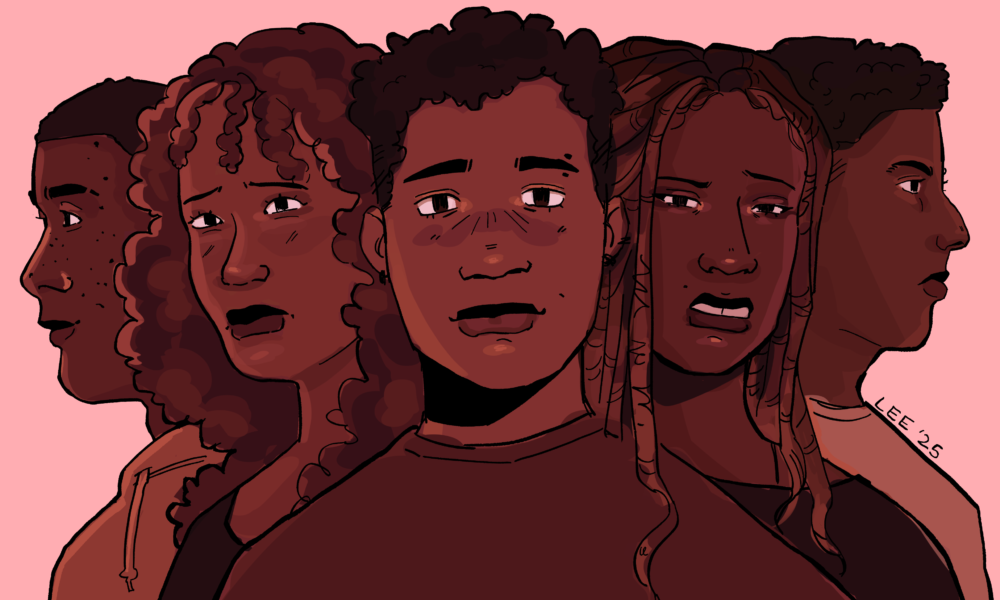With a national identity built upon the idea of being a cultural “melting pot,” racism often gets swept under the rug in Canada. Despite curating this idealized image of inclusivity, racism is ingrained in the nation’s history and institutions, including the Canadian medical system.
Khandideh Williams, a PhD Candidate in McGill’s Department of Family Medicine, shed light on inequities in healthcare through her recent publication in BMC Public Health, which explores how Black individuals perceive and experience anti-Black racism in Canadian healthcare.
“I started my work in 2020, which as we know, a lot was happening in 2020, including the murder of George Floyd. His murder brought about widespread conversations about anti-Black racism both at McGill and within my department,” Williams said in an interview with The Tribune. “It was through engaging in those discussions and learning more about anti-Black racism myself on my own time that I realized that that’s something I would like to focus on.”
Williams interviewed 32 Black volunteers in Montreal who represented 20 different ethnicities and whose ages ranged from young adults to seniors. The diversity of the participants was reflected in their experiences of racism, supporting William’s hypothesis.
“The Black community, especially [in] Montreal, is extremely diverse. Whether we’re talking about place of birth, mother tongue, or ethnicity, we’re an extremely diverse group with diverse worldviews, ideas, and ways in which we approach different situations,” Williams said. “So for my project, I approached it with this logic that if the Black community itself is diverse, then it follows that experiences of racism are diverse.”
Williams’ research focused on two central questions: Did participants perceive racism during their healthcare interactions, and how did their unique identities and social positions influence their experiences and perceptions of racism?
For participants, the perceived racism was most often subtle and covert, manifesting itself through microaggressions and harmful stereotypes.
“One common stereotype was that of the strong Black woman: ‘Black women don’t feel pain, so they don’t need anesthesia. They don’t need pain medication because they’re strong; their skin is stronger.’ Or that ‘Black men are drug dealers; they’re delinquents. So, we’re also not going to give them drugs because they’re going to abuse it,’” Williams said.
The study also revealed that Black immigrants’ perceptions of anti-Black racism in Canada varied depending on their country of origin. For example, participants who had come from the UK and the U.S. found racism to be more openly discussed and overtly expressed in those countries than it was in Canada. They noted that the socially taboo nature of race discussions in Canada often made it harder to identify racism in their everyday lives.
Contrastingly, immigrants from African countries may not have had prior experiences with anti-Black racism before coming to Canada.
“In Nigeria, in many African countries, Black people are the dominant group [….] Blackness or race is not necessarily what people use to classify people in such societies,” Williams explained. “So when [a participant from Nigeria] came here, he knew that there was this thing called Blackness, but he didn’t really understand its implications until he and his mother experienced it.”
Williams’ research also highlights the impact of intersectionality on racism. Experiences and perceptions of racism are informed by more factors than just race, including gender and age. Williams is now focusing on a second phase of her project—a quantitative analysis with data from Quebec, Ontario, and British Columbia—to determine if these intersectional trends are consistent across Canada.
Ultimately, Williams’ work highlights the urgent need for open conversations about race and racism in Canada. We can’t make our communities and institutions equitable until we acknowledge that they are fundamentally unjust.
“I think our country is still battling with their comfort in even tackling the issue. To tackle an issue means to first acknowledge that it exists,” Williams said. “But I think many people are not yet ready to do that.”






